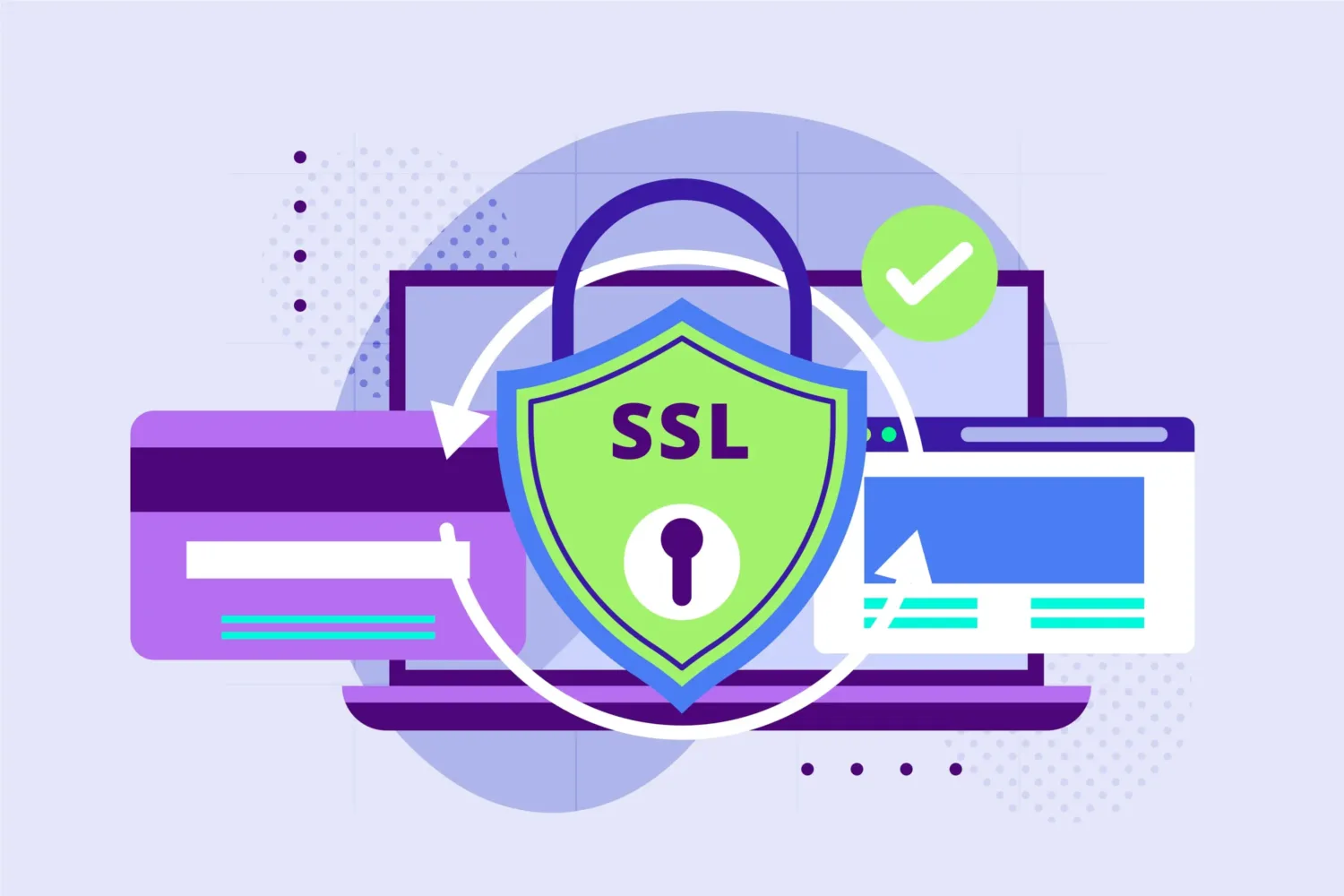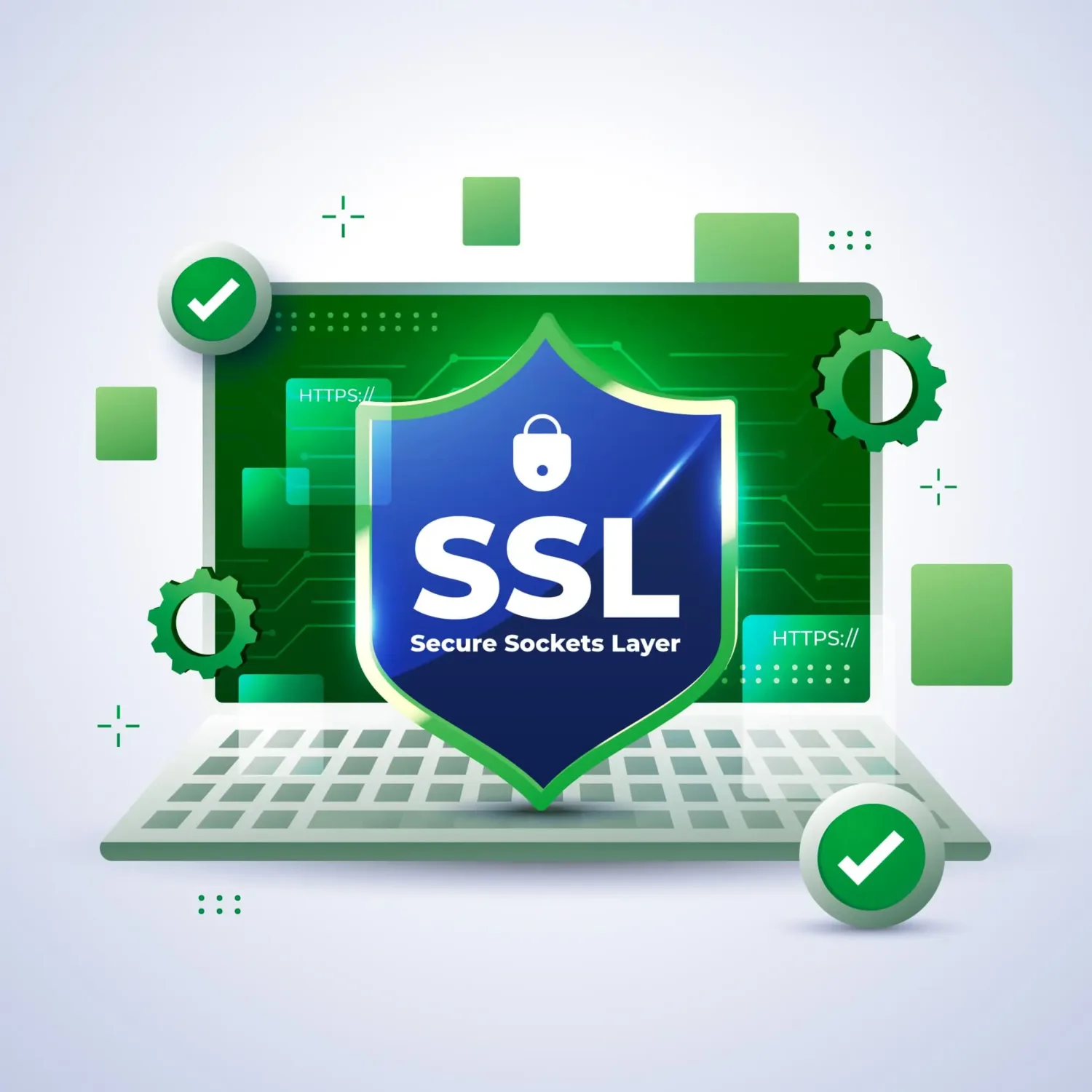
How to Secure Your Website : A Comprehensive Guide
In today’s digital age, website security is paramount. A secure website not only protects your business but also builds trust with your visitors. At SentieroTech, we prioritize website security to ensure our clients’ data and operations are safeguarded against threats. This blog will walk you through the essential steps to secure your website effectively.
Importance of Website Security
Website security is crucial for several reasons. Firstly, it protects sensitive data from cybercriminals. Secondly, it ensures your website remains operational, free from disruptions caused by malicious attacks. Finally, a secure website helps maintain your reputation, as visitors trust sites that prioritize their safety. By securing your website, you protect your business and your customers.
Types of Website Security
Website security encompasses various aspects, each playing a critical role in creating a robust defense against cyber threats. The main types of website security include:
1. Network Security
Network security involves measures to protect the integrity, confidentiality, and accessibility of your network and data. This includes implementing firewalls, intrusion detection systems (IDS), and encryption protocols. By securing your network, you can prevent unauthorized access and ensure that only legitimate traffic reaches your website.
2. Web Application Security
Web application security focuses on protecting web applications from threats like SQL injection, cross-site scripting (XSS), and cross-site request forgery (CSRF). Using secure coding practices, regular vulnerability assessments, and tools like Web Application Firewalls (WAF), you can safeguard your web applications from these common attacks.
3. Server Security
Your web server is the backbone of your website, and securing it is vital. Server security includes configuring your server correctly, keeping the operating system and software updated, and using security tools like antivirus programs and intrusion prevention systems (IPS). Proper server security measures can prevent unauthorized access and attacks.
4. Data Security
Data security ensures that the information on your website is protected from unauthorized access and breaches. This involves encryption, secure storage solutions, and data access controls. By prioritizing data security, you can protect sensitive customer information and comply with data protection regulations.
Keep Software Updated
One of the simplest yet most effective ways to secure your website is to keep all software up to date. This includes the content management system (CMS), plugins, and any other software your website relies on. Regular updates often contain patches for security vulnerabilities, making it harder for hackers to exploit your website.
Two-Factor Authentication (2FA)
Implementing two-factor authentication (2FA) adds an extra layer of security to your website. With 2FA, users must provide two forms of identification to log in, typically a password and a second factor like a mobile app code. This makes it significantly more difficult for unauthorized users to gain access to your website.
Regular Backups
Regular backups are essential for website security. In the event of a cyber attack, data loss, or other issues, having a recent backup ensures that you can quickly restore your website to its previous state. Ensure that backups are stored securely and are easily accessible when needed.
Secure Sockets Layer (SSL) Certificate
An SSL certificate encrypts the data transmitted between your website and its visitors, protecting it from interception by cybercriminals. Websites with SSL certificates display a padlock icon in the address bar, signaling to visitors that their connection is secure. This not only enhances security but also boosts your website’s credibility.
Web Application Firewall (WAF)
A Web Application Firewall (WAF) is a crucial security tool that monitors and filters incoming traffic to your website. It helps protect against a variety of attacks, including SQL injection and XSS. By using a WAF, you can proactively block malicious traffic and reduce the risk of security breaches.
Conclusion
Securing your website is a continuous process that requires attention to detail and proactive measures. By understanding the importance of website security and implementing the strategies outlined above, you can protect your website, your business, and your customers from potential threats. At SentieroTech, we are committed to helping you build and maintain a secure online presence. Contact us today to learn more about our website security solutions.




